
Interview with Mimi Cross
A few years ago a friend of mine sent me this great song about a girl crushing on a guy. After listening to it a bunch of times, I got the feeling that the girl was watching the guy from afar, and I wondered why she wasn’t trying to connect with him, since she was so into him. From there I rabbit-holed, wondering about a lot of things, but mainly, why so many people have trouble expressing themselves. And I realized, over time, that I had an idea about this girl: Hers was no ordinary case of awkwardness, of being tongue-tied. Finding the right words--that was the crux her struggle, but also finding something more than words.
I also wondered, what if the girl never got the chance to tell the guy how she felt? I’m a sucker for unrequited love, so that pretty much sealed the deal. Cate and David’s story started to spread from those few sparks of inspiration, lit by the song.
2. What have you learned about writing over time that you wish you knew earlier?
That you actually have to do it! Write, I mean. Sounds crazy, I know, I know. But the thing is, if you want to write a song, you need to write the song. If you want to write a book, you have to write the book. Dreaming about it, planning it, talking about it--this will not get your project done. Telling people you want to be a writer--that won’t work either. Intention is important, but it’s only a jumping off point. A diving board. Writers write. They dive in. Don’t ask how deep, how wide. (Is it good? Will anyone like it?) Just dive in and swim. And definitely, don’t wait until you learn how, or until you grow up.
3. What’s the most frustrating part of writing for you?
Finding enough time to write everything I want to write.
4. What advice would you offer to other writers?
Keep writing. Journal, write poetry, write songs, write love letters. Write lists! Write down your dreams and ideas and hopes and fears. Write down a pack of lies. Find a pen pal. Write to them. Write when you’re sad, but also when you’re happy. That’s very important. Write when you’re content. Write when it feels like you have nothing to write. Write when you’re angry, when you’re tired. Write when you’re lonely--and you’ll discover you’re not. You may be alone, but if you have a notebook? You never really be lonely. Write alone. Write with friends. Write in public, but keep your project private, mostly, until it’s done.
Sooner or later, it’s going to drive you so crazy that you’ve got all this stuff all over the place--millions of notebooks, napkins, loose pages, binders--that you’ll write a novel, just so you can have all your bits and pieces bound up in one book. Or ten books. But maybe you already know all of this, if you’re a writer. Maybe you don’t know…that yoga is great for eliminating writer’s block and boosting your creativity.
5. What do you know now that you wish you had known as a teen?
The writing adds up. It’s cumulative. It’s a practice. It’s…like a progressive disease. But that’s not even the big cherry bomb aha for me. No. The big revelation in my life has been having a child. For me, being a mother has been and continues to be an amazing, transformative experience. I almost drank the Cool Aide and missed out. If I’d known as a teen what a perfect fit motherhood would be for me… But none of us has a crystal ball. We do, however, have pens and books. Happy writing, happy reading. Xo Mimi
More about Before Goodbye
Fellow student David Bennet might look like the school’s golden boy, but underneath the surface the popular athlete battles demons of his own. Racked with survivor’s guilt after his brother’s suicide, things get worse when tragedy darkens his world again--but connecting with Cate, his sister’s longtime babysitter, starts bringing the light back in. As Cate and David grow closer, the two shattered teenagers learn to examine the pieces of their lives . . . and, together, find a way to be whole again.
More about Mimi Cross
 Author Mimi Cross
Author Mimi Cross 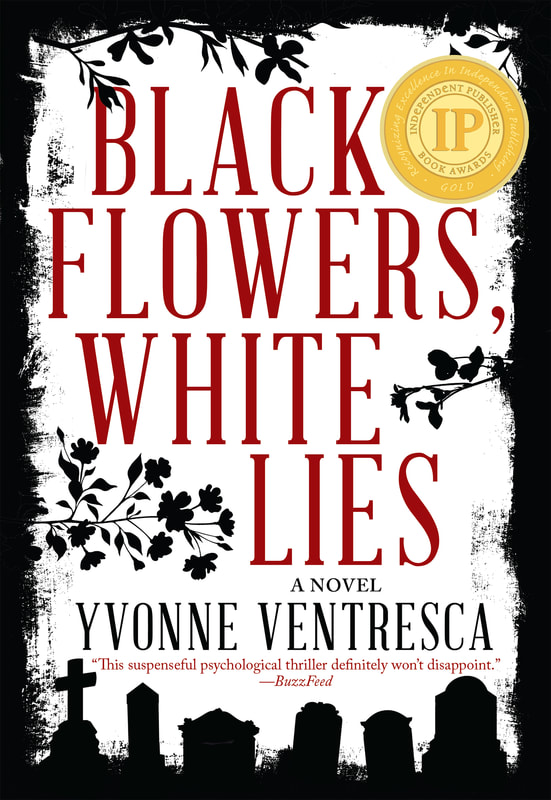
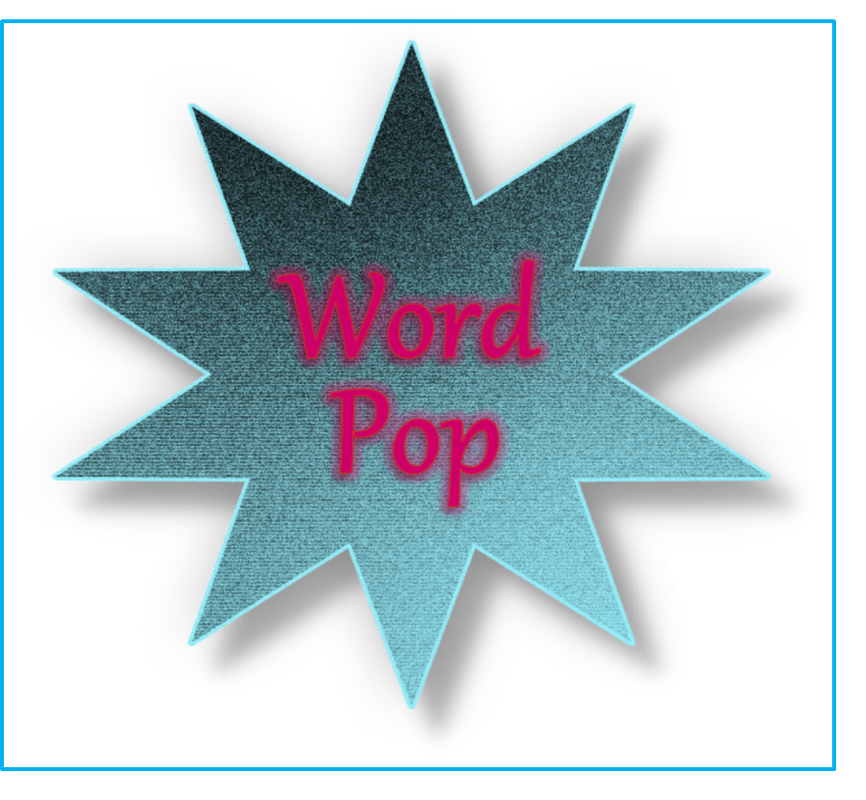
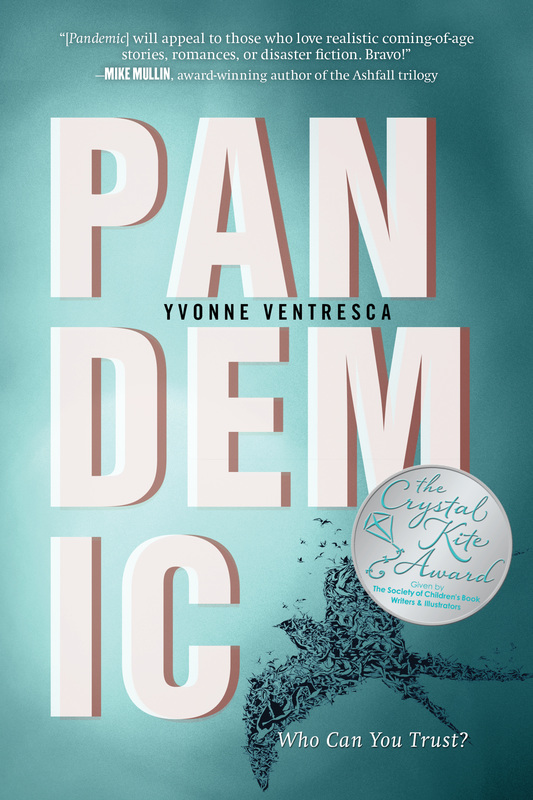
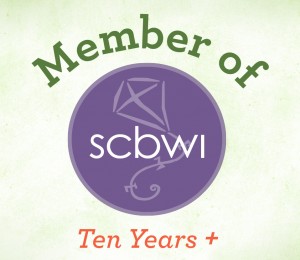


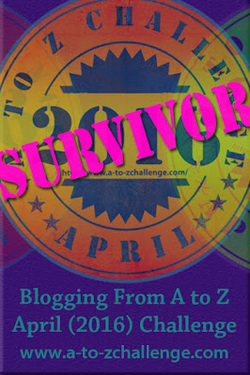
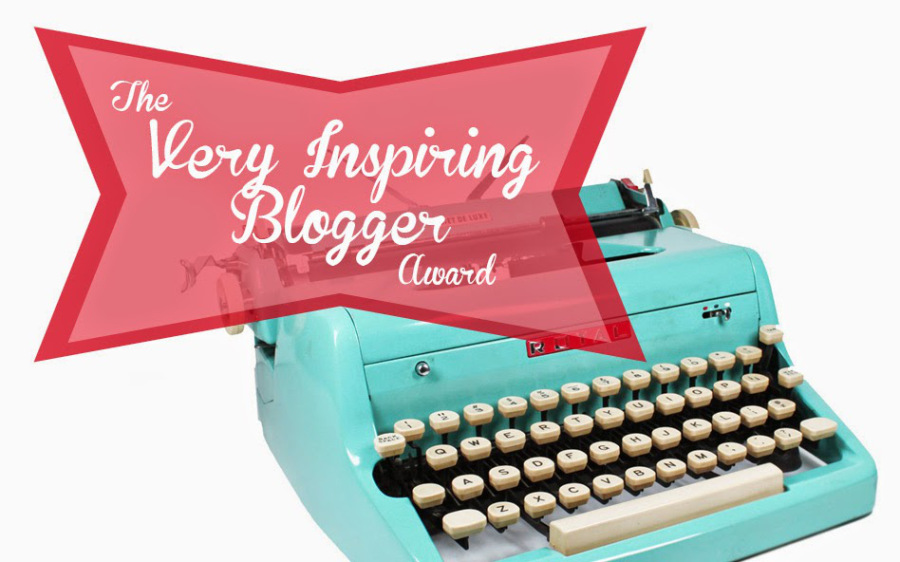
 RSS Feed
RSS Feed